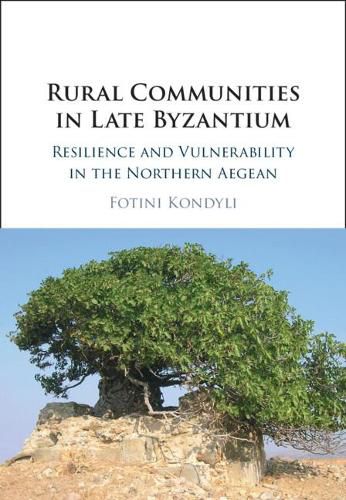Readings Newsletter
Become a Readings Member to make your shopping experience even easier.
Sign in or sign up for free!
You’re not far away from qualifying for FREE standard shipping within Australia
You’ve qualified for FREE standard shipping within Australia
The cart is loading…






Late Byzantium faced economic, political, and demographic crises. This book argues for the ability of rural communities to transform their socioeconomic strategies and maintain resilience in the face of these, especially in the context of islands. It seeks to reinstate ordinary people in the historical narrative and reintroduce them as active participants in the events of the period, pointing to their ability not only to react to change, but also to initiate it. Combining new archaeological evidence with archival material pertaining to the islands of Lemnos and Thasos in the Northern Aegean, it provides concrete examples of Byzantine socio-economic strategies that successfully mitigated the various crises and thus contributes to a diachronic perspective on crisis management. The result is to rethink the nature of the Late Byzantine period, and to question the ways in which we have come to divide historical periods into ‘good’ or ‘bad’.
$9.00 standard shipping within Australia
FREE standard shipping within Australia for orders over $100.00
Express & International shipping calculated at checkout
Late Byzantium faced economic, political, and demographic crises. This book argues for the ability of rural communities to transform their socioeconomic strategies and maintain resilience in the face of these, especially in the context of islands. It seeks to reinstate ordinary people in the historical narrative and reintroduce them as active participants in the events of the period, pointing to their ability not only to react to change, but also to initiate it. Combining new archaeological evidence with archival material pertaining to the islands of Lemnos and Thasos in the Northern Aegean, it provides concrete examples of Byzantine socio-economic strategies that successfully mitigated the various crises and thus contributes to a diachronic perspective on crisis management. The result is to rethink the nature of the Late Byzantine period, and to question the ways in which we have come to divide historical periods into ‘good’ or ‘bad’.